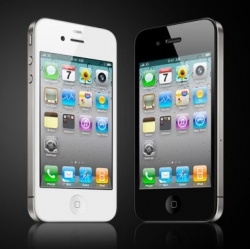
The smartphone is a ubiquitous, addictive and transformative technology. The dawn of the planet of the smartphones came in January 2007, when Steve Jobs, in front of a rapt audience of Apple fans, brandished a slab of plastic, metal and silicon not much bigger than a Kit Kat.
“This will change everything,” he promised. For once there was no hyperbole. Just eight years later Apple’s iPhone exemplifies the early 21st century’s defining technology.
Smartphones matter partly because of their ubiquity. They have become the fastest-selling gadgets in history, outstripping the growth of the simple mobile phones that preceded them. They outsell personal computers four to one. Today about half the adult population owns a smartphone; by 2020, 80% will.
Smartphones have also penetrated every aspect of daily life. The average American is buried in one for over two hours every day. Asked which media they would miss most, British teenagers pick mobile devices over TV sets, PCs and games consoles. Nearly 80% of smartphone-owners check messages, news or other services within 15 minutes of getting up.
By their nature, seminal technologies ask hard questions of society, especially as people adapt to them. Smartphones are no different. If citizens aren’t protected from prying eyes, some will suffer and others turn their backs.
Societies will have to develop new norms and companies learn how to balance privacy and profit. Governments will have to define what is acceptable. But in eight short years smartphones have changed the world, and they have hardly begun.
